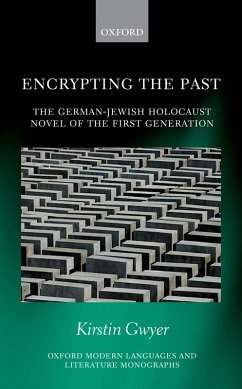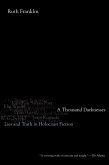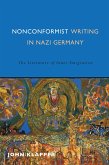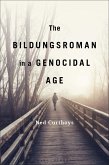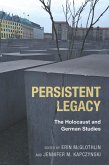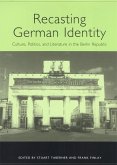Encrypting the Past puts forward the interpretative category of the first-generation German-Jewish Holocaust novel and examines its representational strategies. With reference to works by H.G. Adler, Jenny Aloni, Elisabeth Augustin, Erich Fried, and Wolfgang Hildesheimer, and a concluding section on W.G. Sebald, it shows how Holocaust literature was being written decades before postwar authors such as Sebald were credited with having found new ways of reflecting the unspeakable. It demonstrates that, before the theoretical debate over the fundamental representability of the Holocaust was even fully under way, first-generation authors were already translating un-narratable trauma into a literary strategy of un-narrating: a strategy of encrypting the Holocaust into the form and structure of their texts. The implications of treating these writers as a set, and their body of work as a hitherto unacknowledged category of Holocaust fiction, go well beyond drawing attention to a number of important but critically neglected authors. This study frames the analysis of first-generation narrative strategies in the broader debate on the ethics and aesthetics of Holocaust writing. In revealing how certain kinds of testimony have been privileged above others in international Holocaust studies, it raises questions of a more general nature concerning canon formation and our theoretical responses to the Holocaust. In considering foremost among these responses the theory of deconstruction and trauma theory, it finally invites a re-examination of the relationship between the (post-)modern and trauma.
Dieser Download kann aus rechtlichen Gründen nur mit Rechnungsadresse in A, B, BG, CY, CZ, D, DK, EW, E, FIN, F, GR, HR, H, IRL, I, LT, L, LR, M, NL, PL, P, R, S, SLO, SK ausgeliefert werden.

